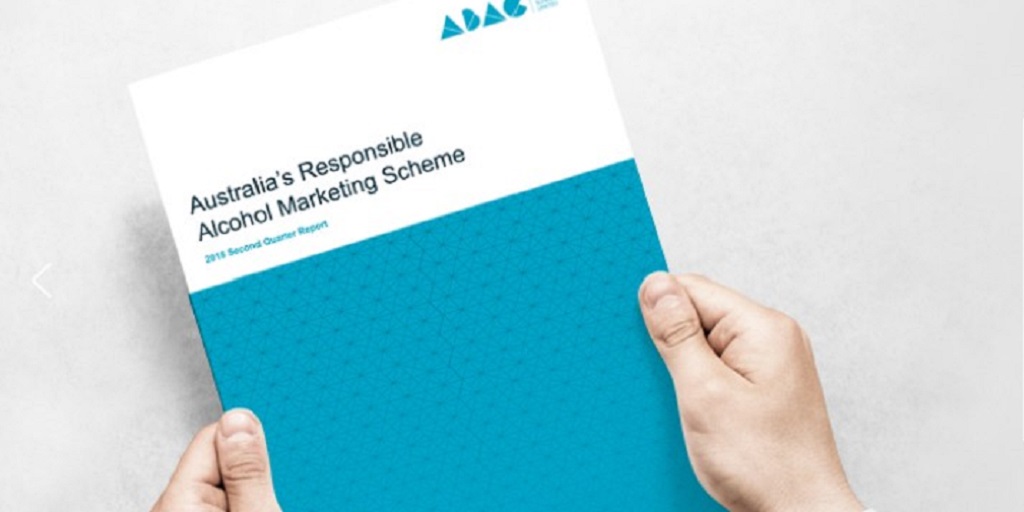
COVID-19 marketing in the spotlight at ABAC

Wine and spirits have faced the brunt of ABAC complaints over the last three months with the watchdog urging caution over COVID-19 online marketing.
In its latest quarterly report an array of companies including Thirsty Camel, Bundaberg Rum, Impression Gin, as well as restaurant chains Grill’d and Winghaus by Bavarian were judged by an ABAC panel.
Of the 60 complaints made in the quarter – double the previous period – ABAC determined 26 within the time frame, upholding 13 and dismissing another 13.
More than half of these determinations related to marketing that referenced the COVID-19 pandemic. Of those, 8 were found to be in breach of the code.
Only three determinations made by ABAC in the period were directly related to craft brewers, highlighting greater awareness in the industry of the responsibilities imposed by the code on alcohol manufacturers.
One related to SA brewery Shifty Lizard’s social media, which an ABAC panel said breached the code over its association of alcohol with high risk activities, in Shifty Lizard’s case, swimming. Another complaint came in for Pirate Life over alleged claims about its Kiwifruit and Cherry Sour’s “probiotic” qualities. ABAC dismissed it saying the marketing was light-hearted and not intended to make health claims.
ABAC also ruled that the packaging and social media posts of WA’s Boston Brewing Co., in regards to its Peach Lemonade, were in breach due its potential confusion with a soft drink.
The alcohol advertising watchdog saw increased activity during the period which was to be expected, according to ABAC chair Harry Jenkins AO.
“Not surprisingly the COVID-19 pandemic and associated government restrictions to control the spread of the virus has been prominent both in marketing references and complaints,” he said in a media statement.
“With businesses impacted, many alcohol producers and retailers have turned to online marketing and home delivery to sustain sales.”
He said that in this environment, manufacturers need to be aware of the standards which dictate marketing messages should not suggest that alcohol is an aid to relaxation, imply that it could be a “prop” in traversing the stresses of the pandemic, or suggest that alcohol could significantly change mood or environment.
“It is acceptable to reference the pandemic in marketing, like it’s acceptable to reference other significant background events,” Jenkins said.
“Current business conditions have seen some industry participants using marketing channels which they may not have used extensively in normal conditions. It is however important that good standards of marketing are maintained.”
ABAC also highlighted that there have been lower pre-vetting levels this quarter. It acknowledged that companies are looking for ways to cut costs during challenging times, but said that the service is a “valuable independent check” to ensure that alcohol manufacturer’s marketing materials are responsible.
Best practice guides are available on the ABAC site.



